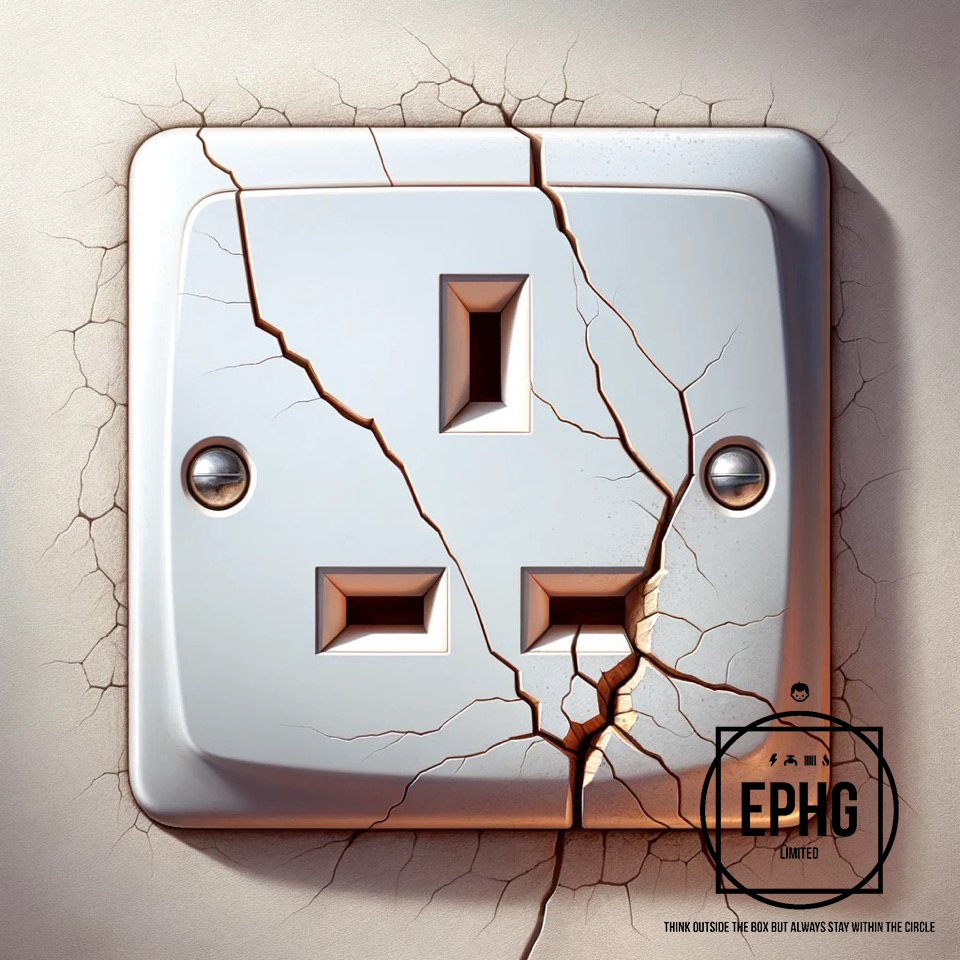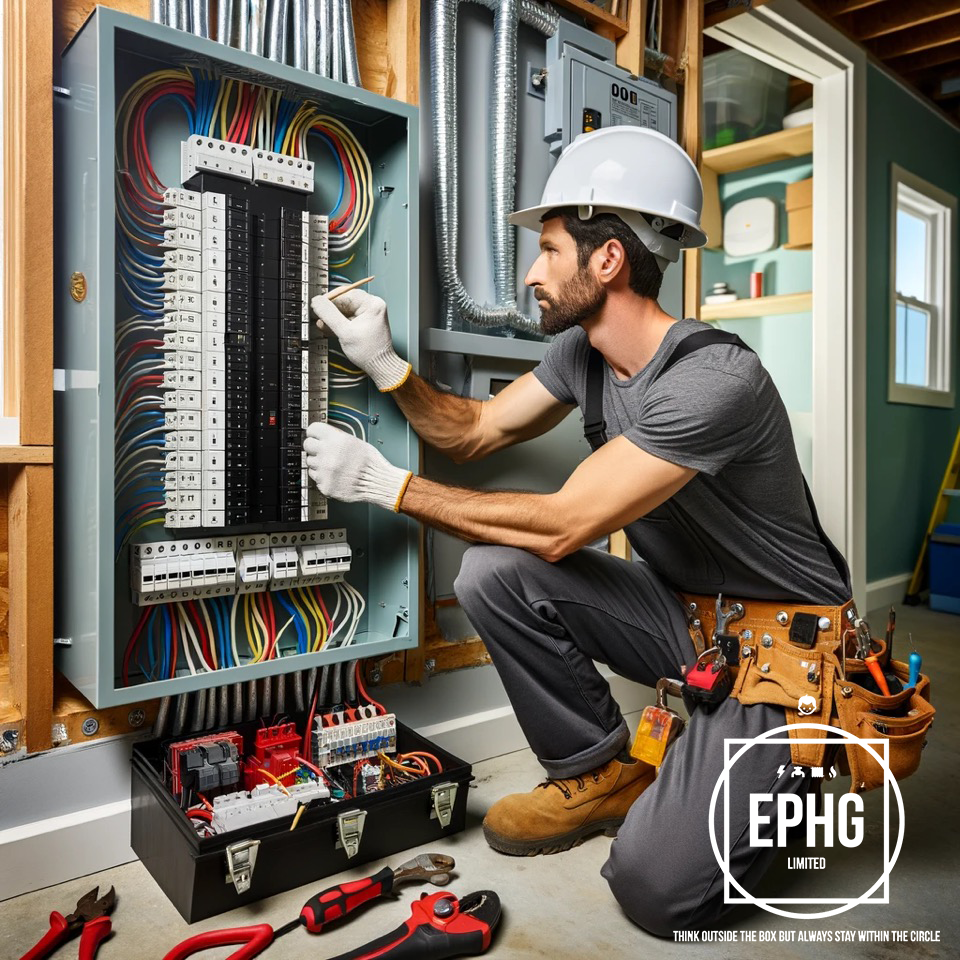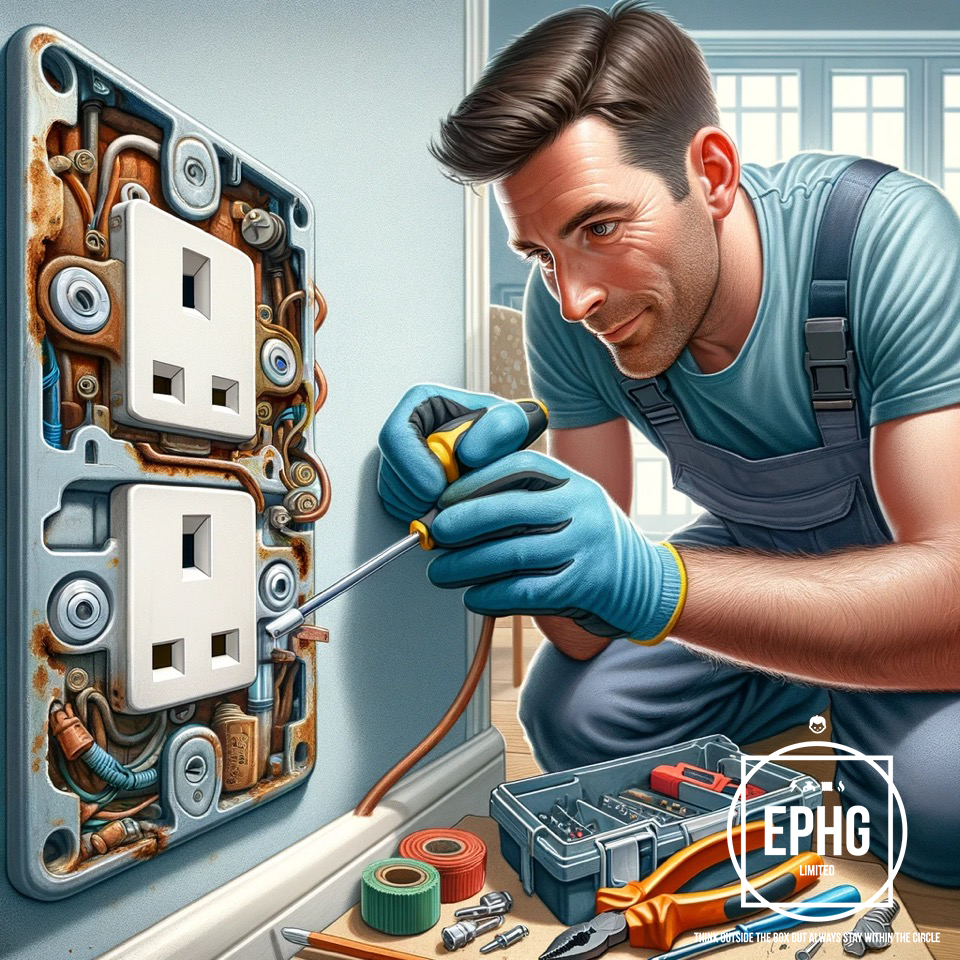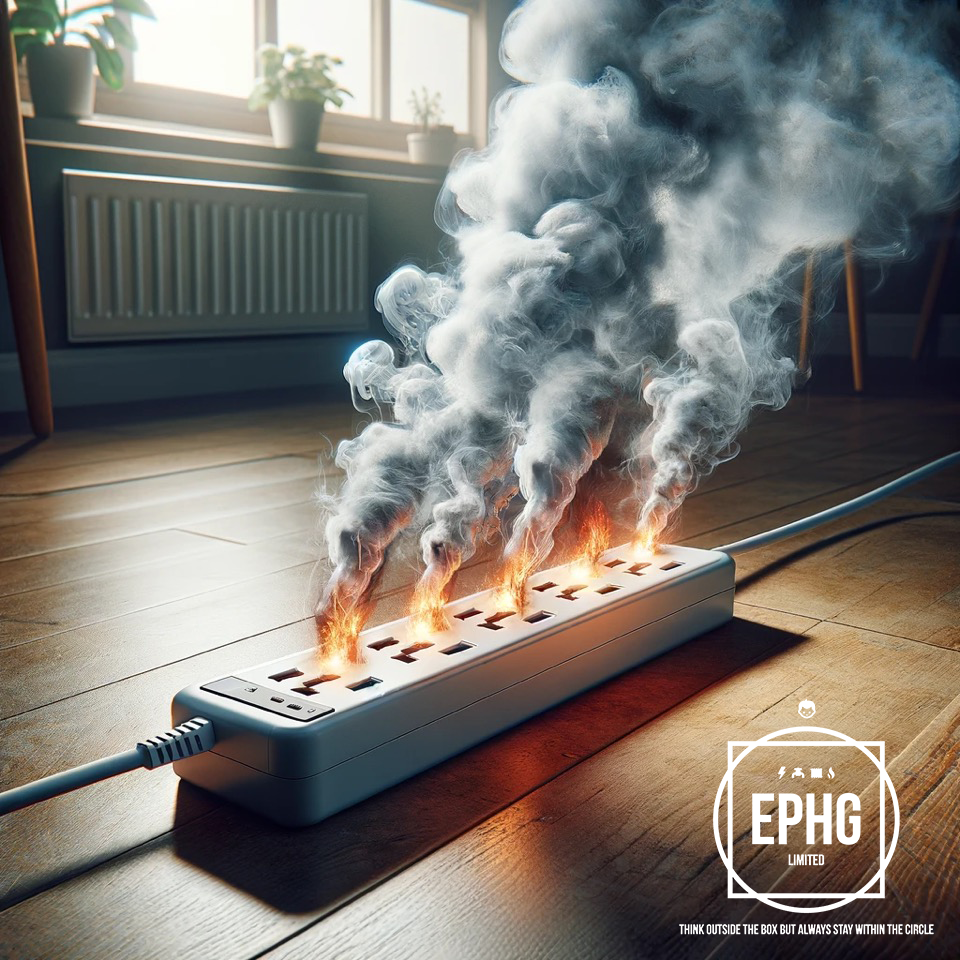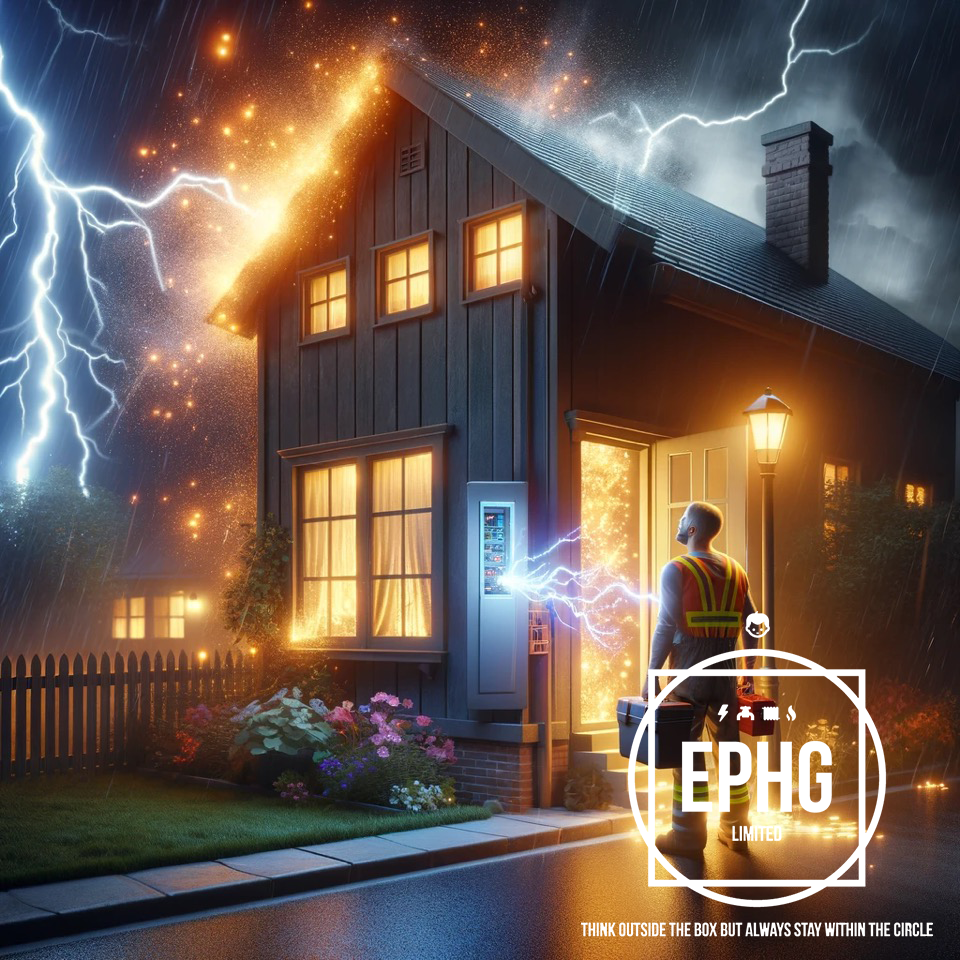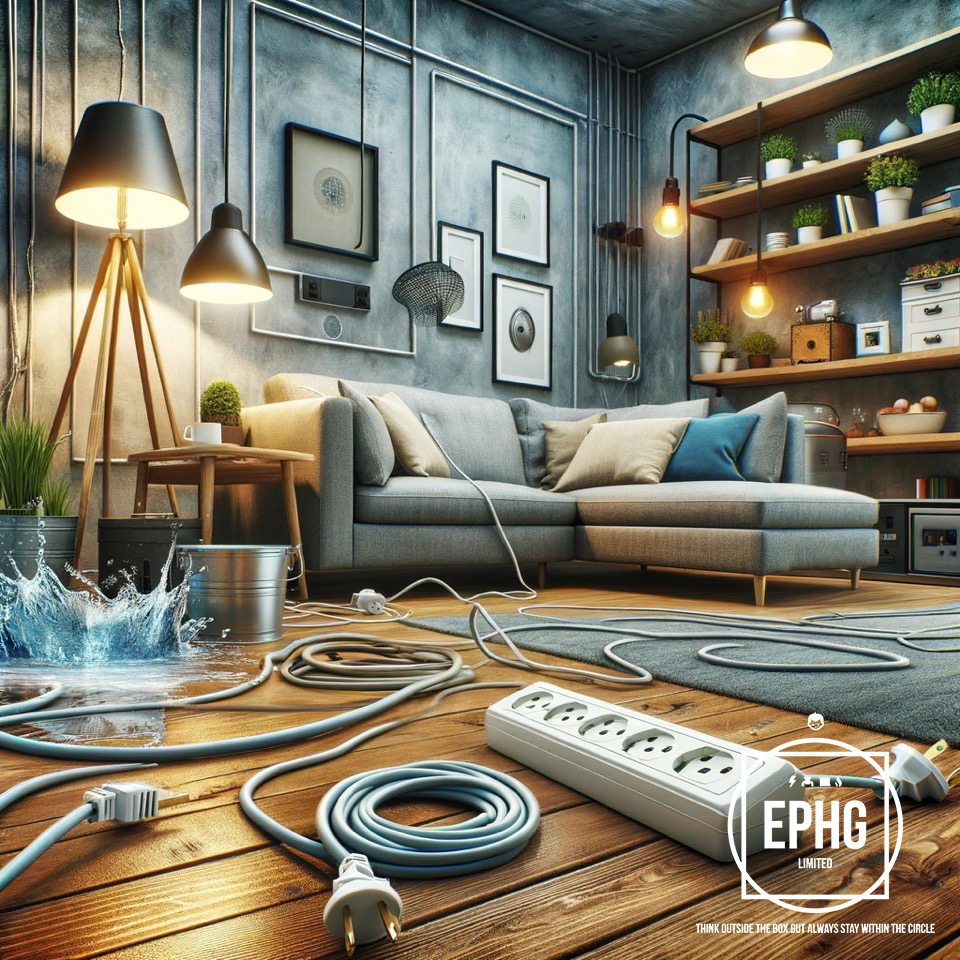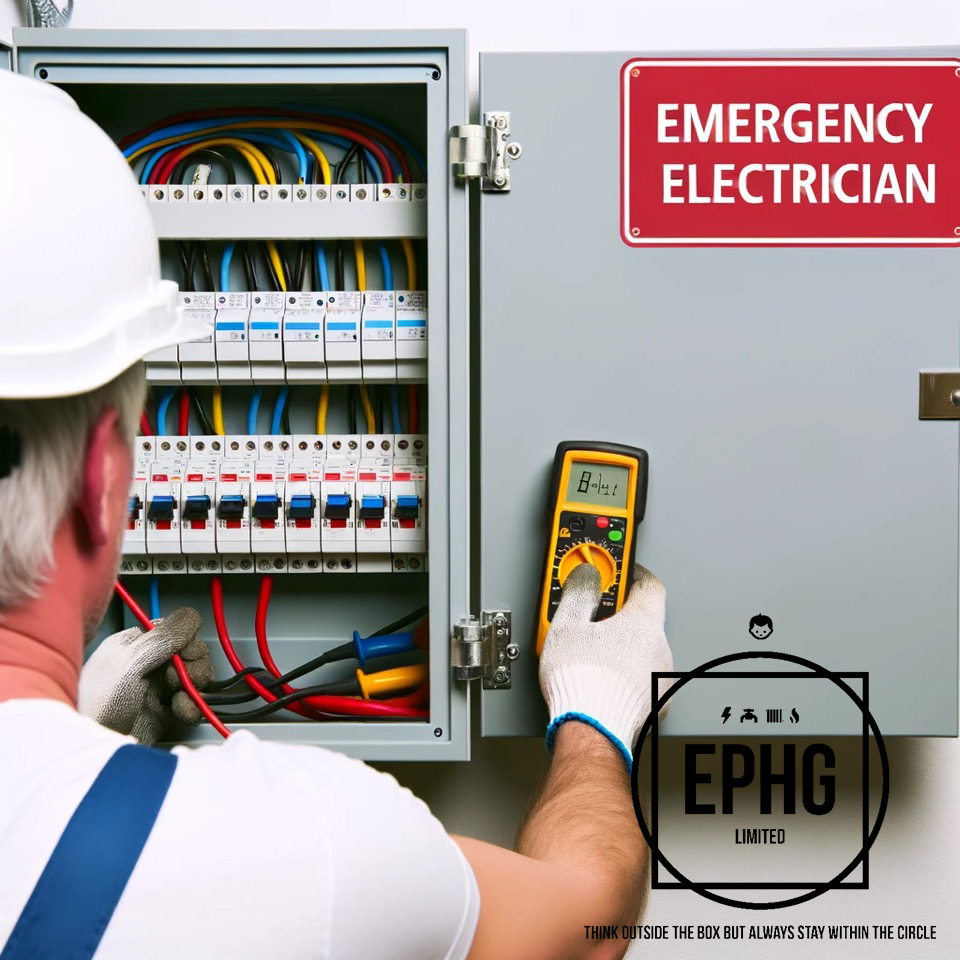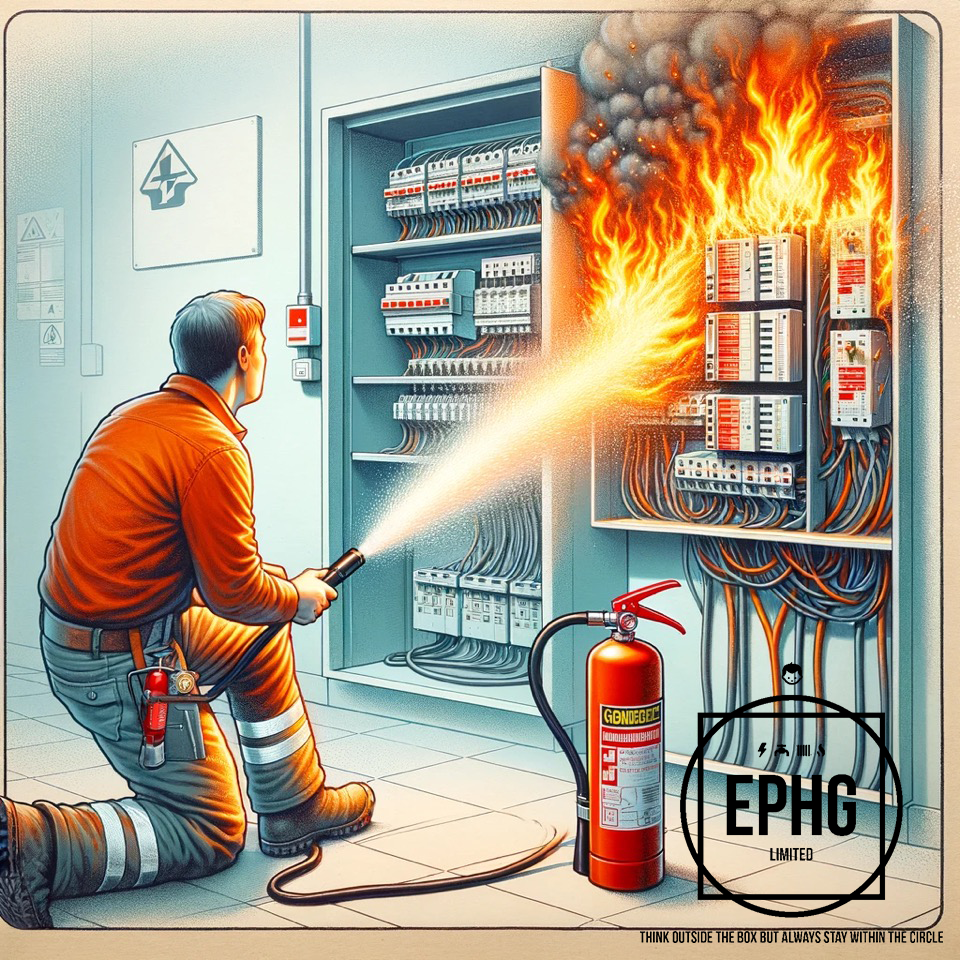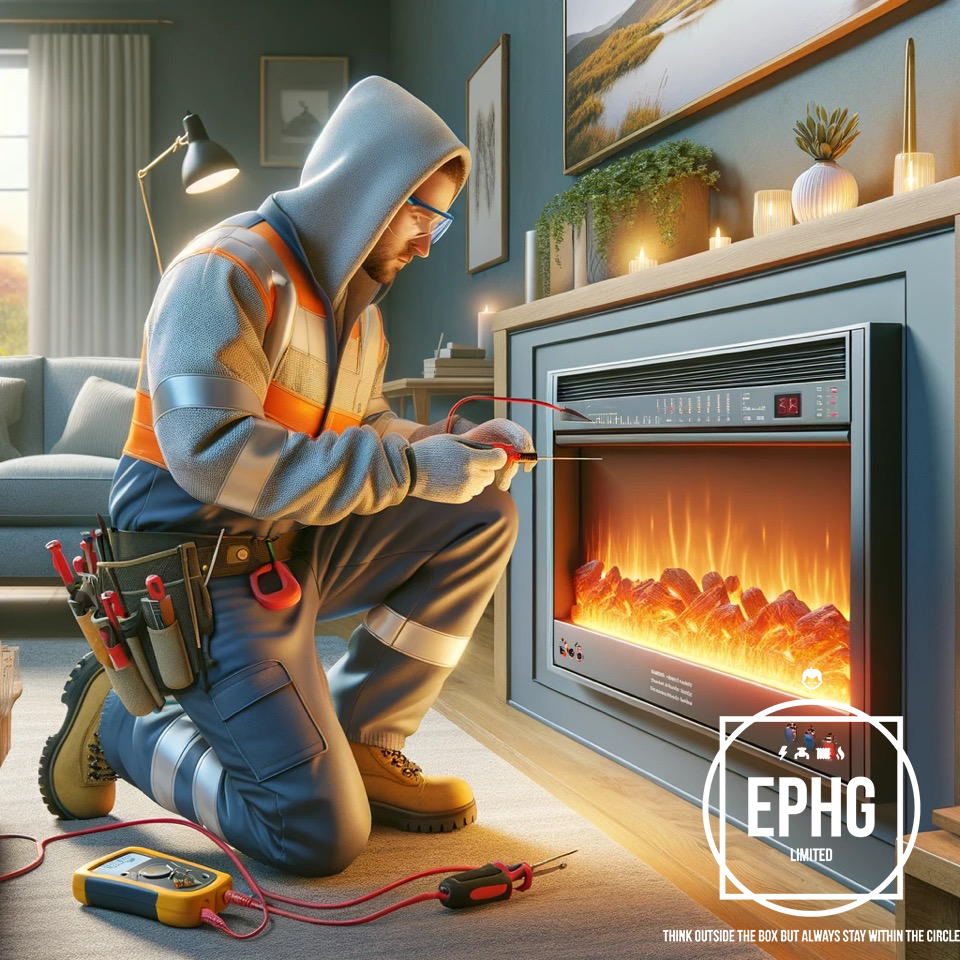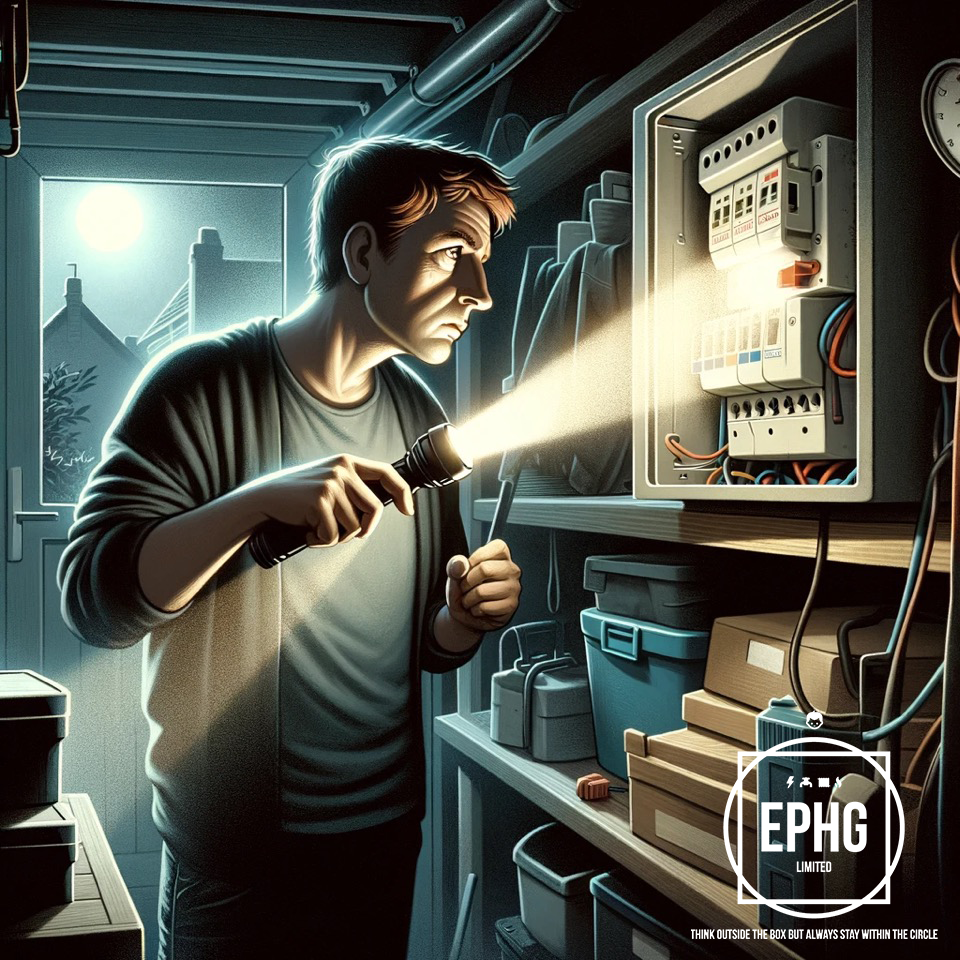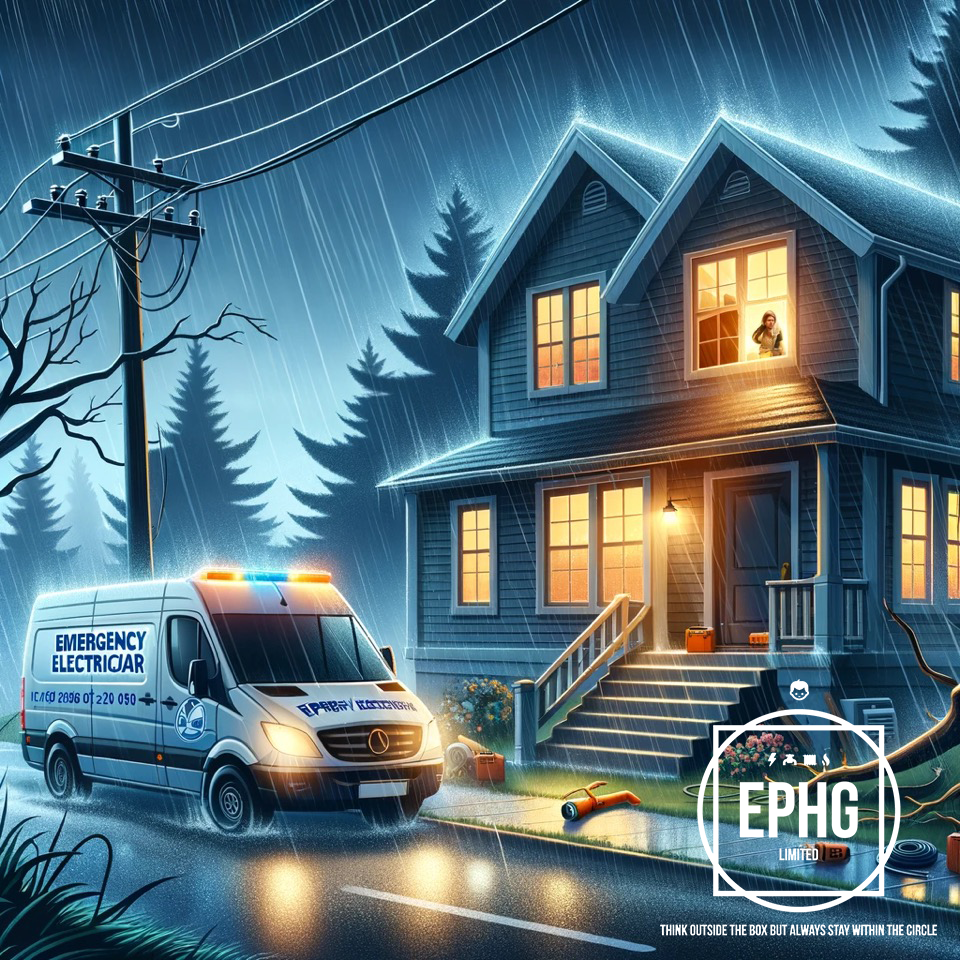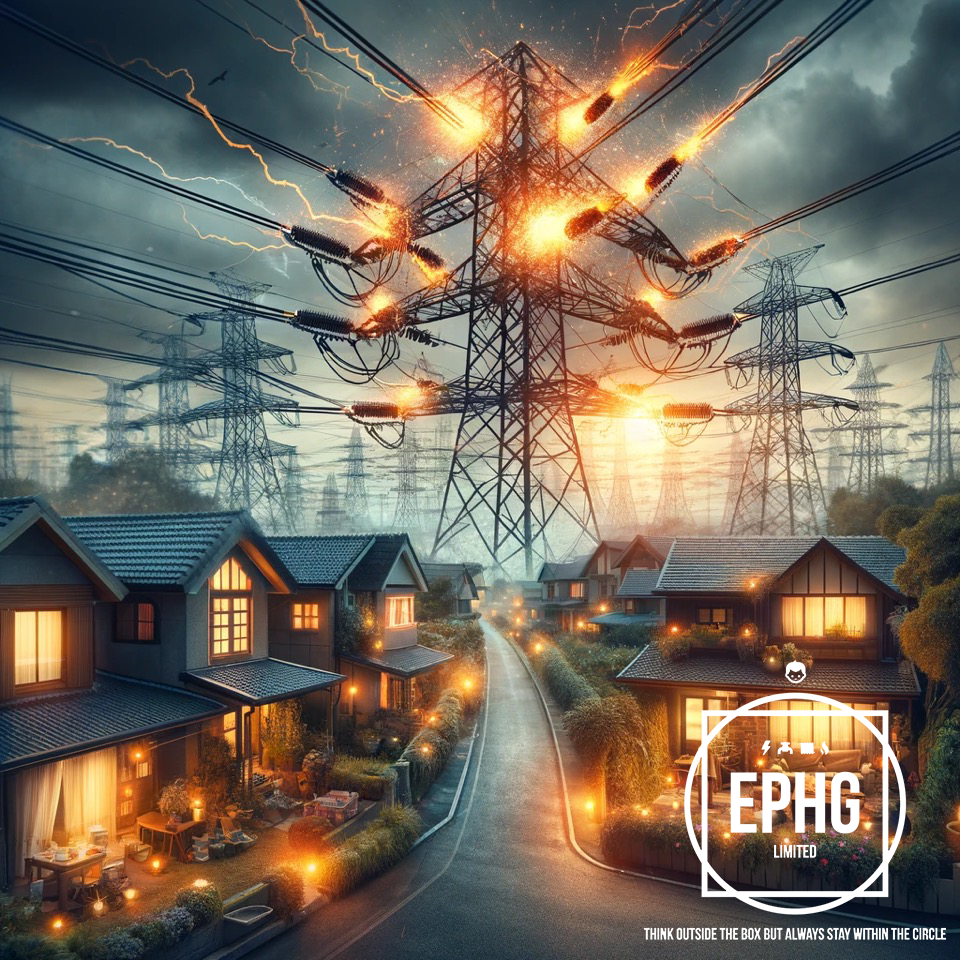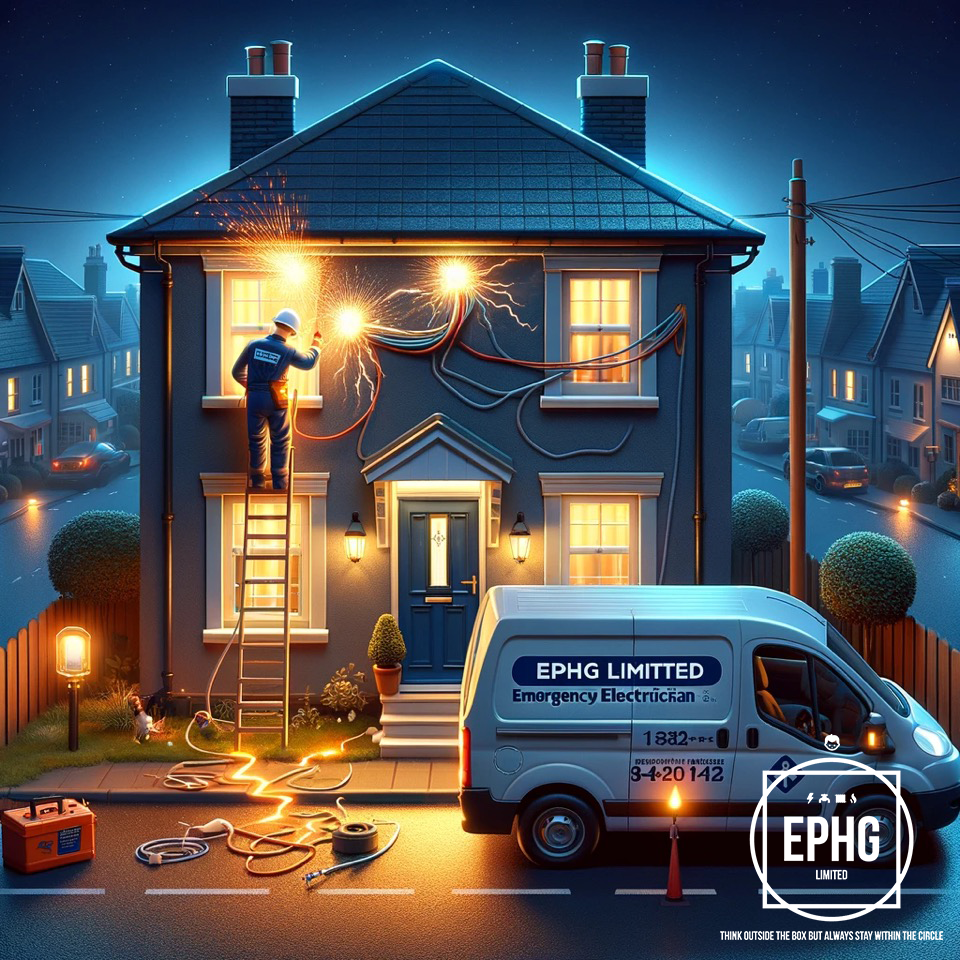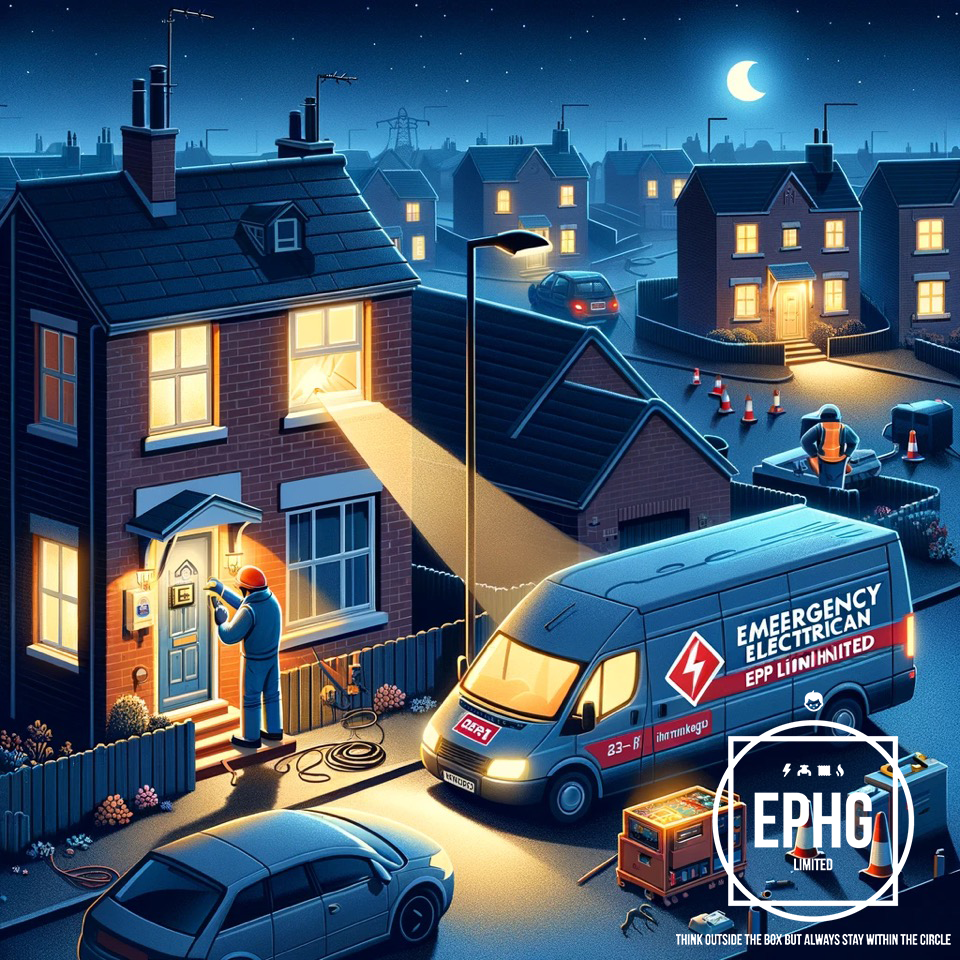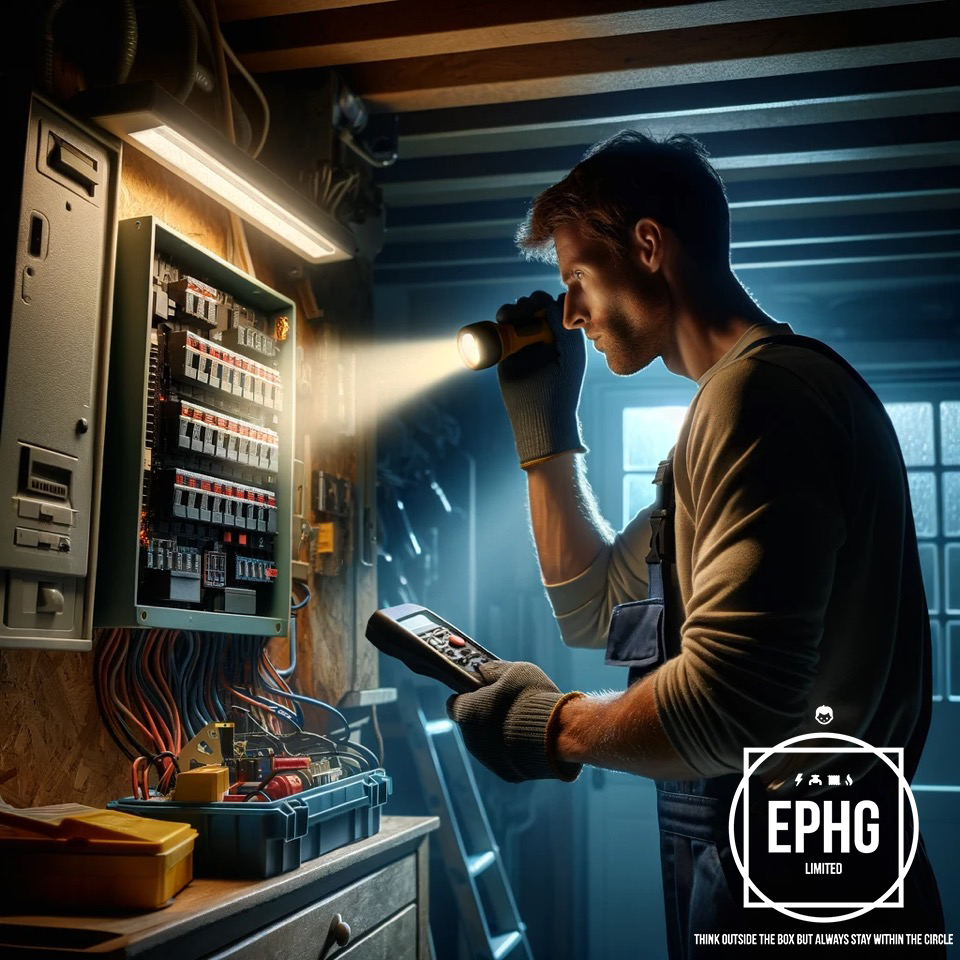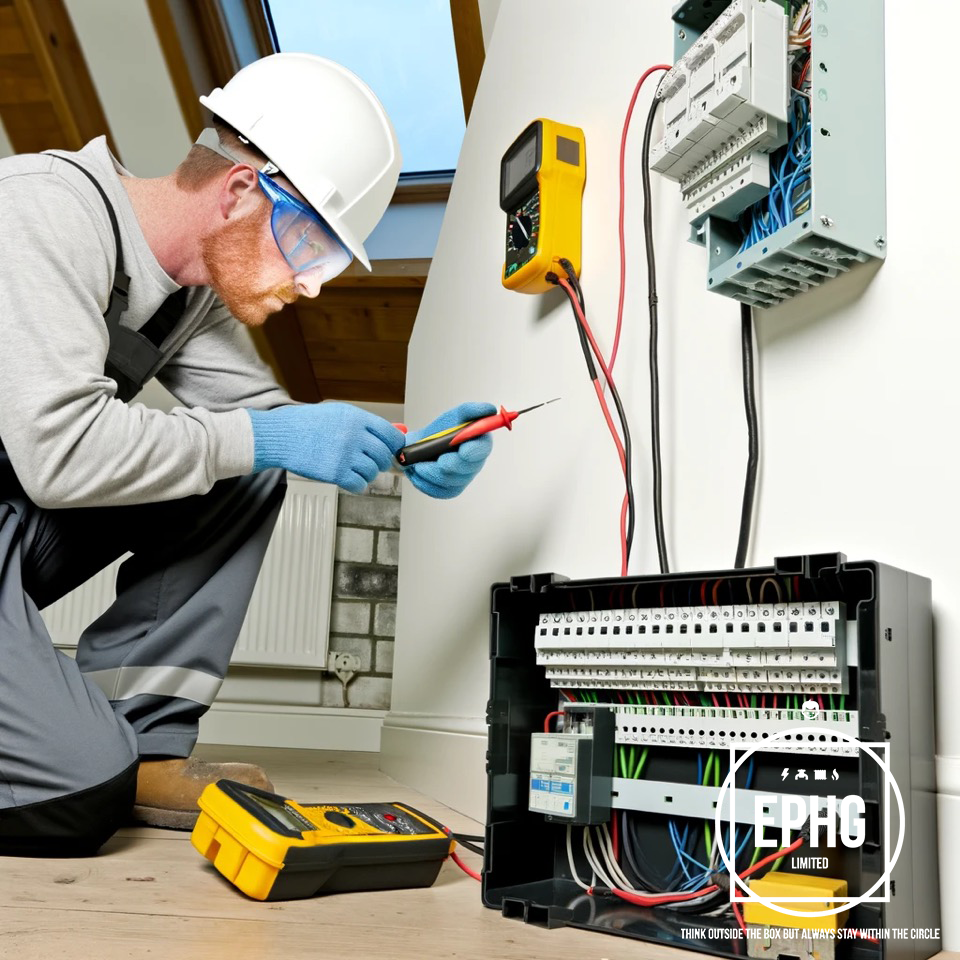

Ensuring Safety and Preventing Emergency Call-Outs with Electrical Safety Tests in the UK
In the UK, maintaining electrical safety within residential and commercial properties is not just a matter of good practice—it's a legal requirement in many cases. Electrical safety tests, often referred to as Periodic Inspection Reports (PIR) or Electrical Installation Condition Reports (EICR), play a crucial role in identifying potential electrical hazards before they lead to serious problems. By understanding and implementing regular electrical safety tests, property owners can significantly reduce the risk of electrical accidents and the need for emergency electrician call-outs. This article delves into what electrical safety tests involve, their importance, and how they can help prevent electrical emergencies.
What is an Electrical Safety Test?
An electrical safety test is a comprehensive examination of the electrical systems and installations in a property. Conducted by qualified electricians, these tests assess the safety of the electrical installation and check for compliance with the current British Standard for electrical safety (BS 7671). The inspection covers several components, including wiring, sockets, light fixtures, and the consumer unit (fuse box), to identify any defects, deterioration, or deviations from the Wiring Regulations.
Importance of Electrical Safety Tests
- Prevention of Electrical Fires and Accidents: Faulty electrical installations are a leading cause of house fires in the UK. Regular safety tests can detect issues like overloaded circuits, poor wiring, and faulty appliances, significantly reducing the risk of fire.
- Legal Compliance: For landlords and business owners, electrical safety tests are a legal requirement under various UK regulations. Ensuring your property meets these standards not only protects tenants and employees but also guards against potential legal repercussions.
- Insurance Implications: Many insurance companies require evidence of regular electrical safety tests when issuing policies for properties. Failure to comply with electrical safety standards can invalidate your insurance cover in the event of an electrical fire or accident.
- Peace of Mind: Knowing your property's electrical system has been professionally inspected and deemed safe can provide immense peace of mind to homeowners, landlords, and business owners alike.
How Electrical Safety Tests Prevent Emergency Call-Outs
By identifying and rectifying potential electrical hazards early, safety tests prevent problems that could escalate into emergencies requiring urgent attention from an electrician. Regular testing ensures that your electrical system is reliable and capable of handling your property's electrical load without risk of overloading and subsequent damage. Additionally, keeping up-to-date with the latest safety requirements minimizes the risk of accidents, and regular maintenance and early detection of issues are far more economical than emergency interventions.
When to Conduct Electrical Safety Tests
The frequency of electrical safety tests depends on the type of property and its use, with specific guidelines for rented properties, homeowners, and commercial properties. Understanding these requirements is essential for maintaining compliance and ensuring the safety of all occupants.
Conclusion
Electrical safety tests are a crucial element of property maintenance in the UK, safeguarding against the risk of electrical fires, accidents, and the associated need for emergency electrician call-outs. Regular testing not only ensures compliance with legal requirements but also contributes to the overall safety and well-being of occupants. By investing in periodic electrical safety inspections, property owners can prevent emergencies, save on unexpected repair costs, and ensure their electrical systems are safe, reliable, and efficient.

